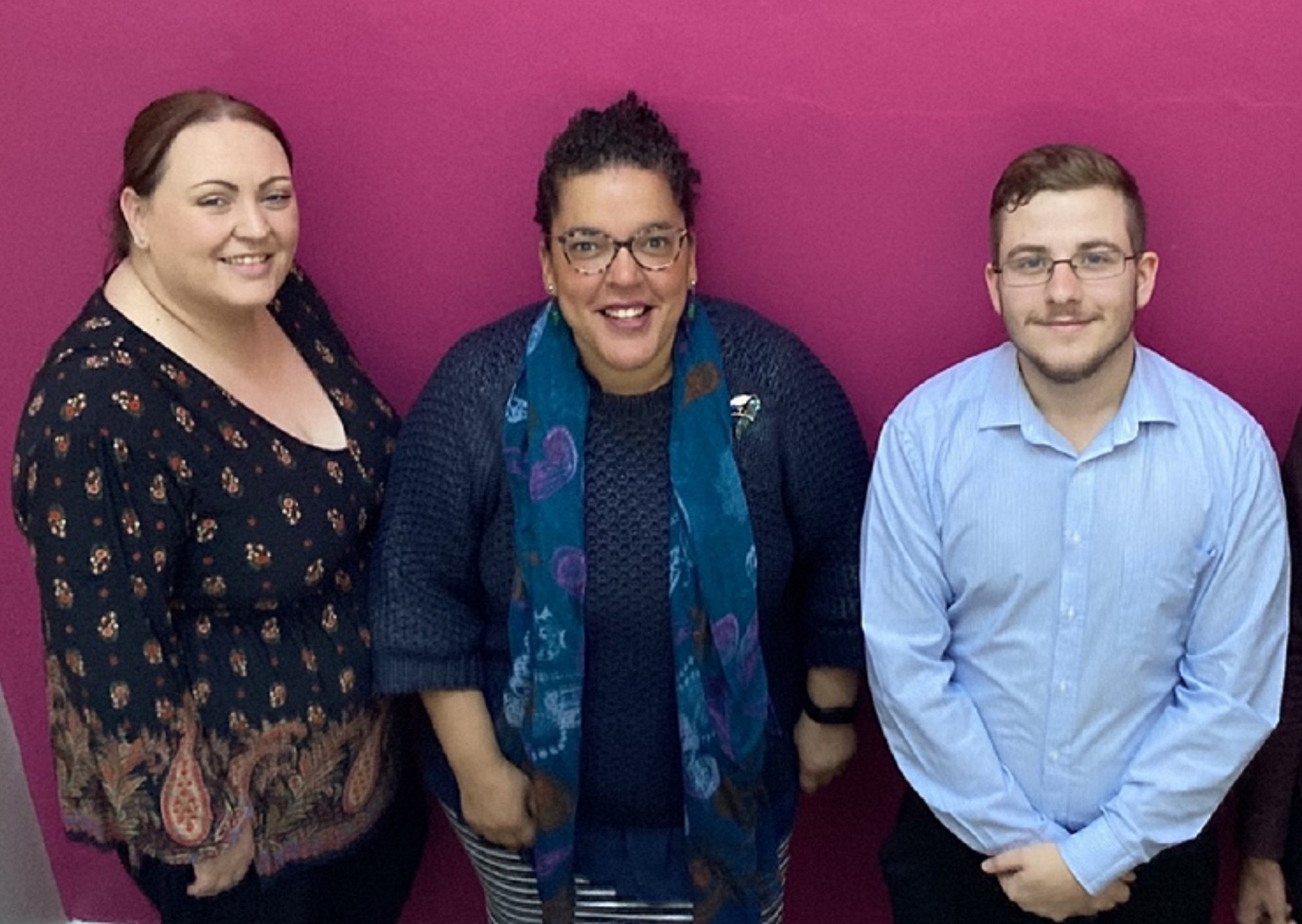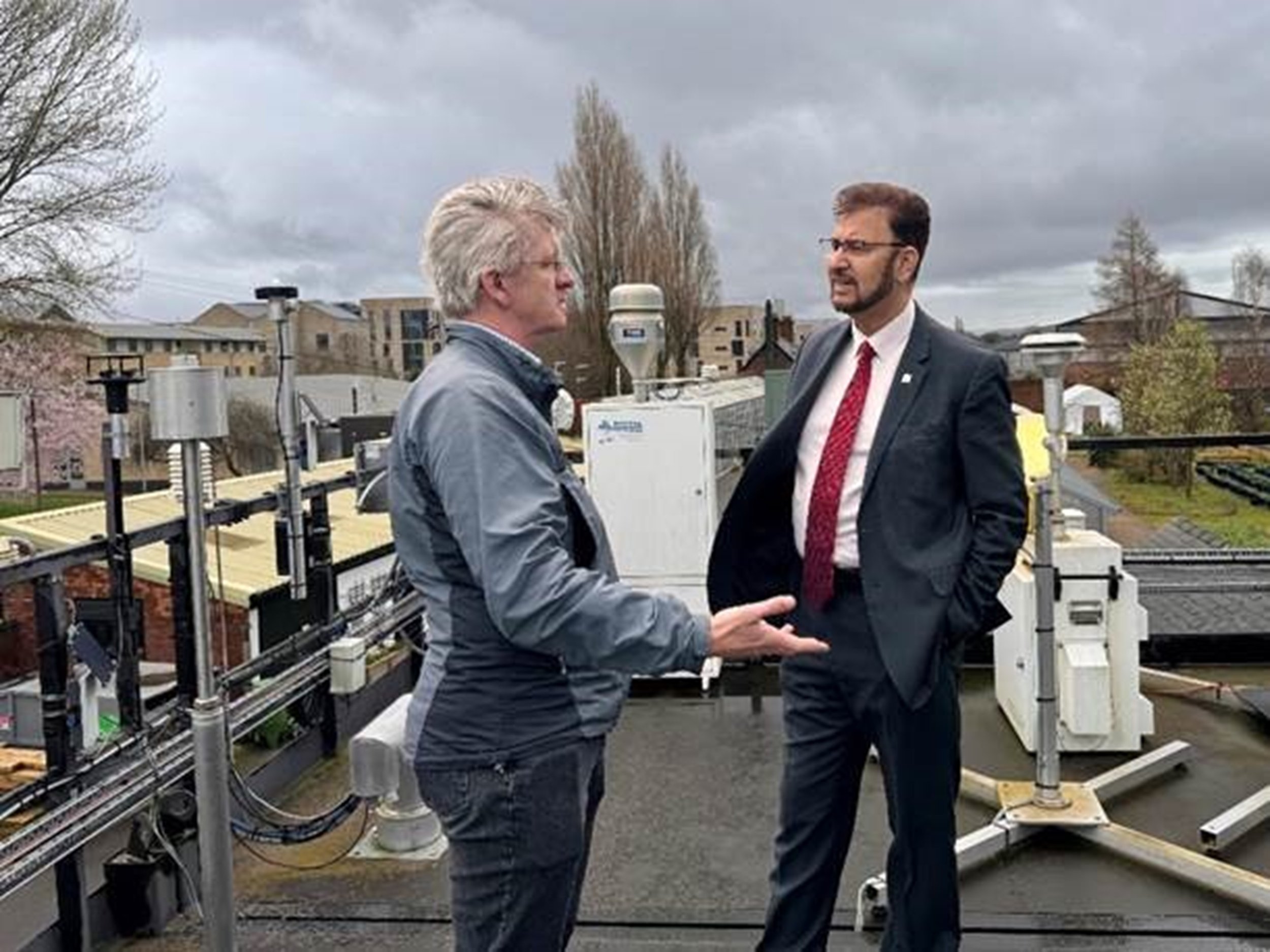Clear rules governing human embryo research must be established to enable regulators, researchers and funders to assess whether stem cell-generated models should be considered as human embryos, two leading experts from The University of Manchester have argued.
In a joint article published online by Policy@Manchester, Dr Jonathan Lewis and Professor Søren Holm explain that studies with “human embryo models” have the potential to improve understanding of some hereditary diseases, early miscarriages and IVF outcomes.
But they warn: “In most countries, including the UK, human embryo models are not formally defined in legislation, and are therefore not captured by regulations governing in vitro embryo research. While creating opportunities to explore aspects of embryo development that would generally be impermissible were real human embryos to be used, this regulatory climate has also attracted concern from stakeholders involved in human embryo model research.”
Credit: Istock/Koto_Feja
The authors reference the HYBRIDA project - a three-year initiative funded by the European Commission - which revealed that researchers were concerned about whether certain types of human embryo model research would be deemed to be creating human embryos and thereby excluded from EU funding programmes, as well as potentially running counter to local laws and guidelines.
However, Lewis and Holm stress that defining the human embryo for the purposes of human embryo model research “is no easy task.”
They continue: “There is a lack of consensus regarding what a human embryo is in terms of its defining properties and determining conditions. An alternative approach involves focusing on the typical functional capabilities of a human embryo (e.g. the capacity to form a human being). This would entail testing a human embryo model to see whether it possessed the relevant functional capabilities. The problem is that such tests would undoubtedly be held to be unethical because they would require implantation in a uterus.”
The academics believe that “a regulatory definition of a human embryo” is therefore required. They write: “This would not only ensure that sufficiently advanced human embryo models are, from a legal point of view, treated comparably to IVF embryos, cloned embryos, and other human embryos intended for research, but it would also allow researchers to develop and study human embryo models with a greater level of certainty as to what legislators and funders require of those models.”
As a result, and as outlined in their final report for the HYBRIDA project, Lewis and Holm advocate two new measures.
“Firstly, individual countries and the EU Commission should develop a regulatory definition of a human embryo to provide certainty to researchers concerning whether their models are captured by legislation or guidelines for embryo research,” they argue. “This presents an excellent opportunity for the UK to be a global forerunner in developing such a regulatory definition for the purposes of human embryo model research and enshrining it in relevant legislation.”
And second, “the UK and the EU must develop agreed standard clauses for collaborative agreements, to ensure that a commitment not to generate human embryos is recognised as valid in all countries participating in the collaboration.”
The authors conclude: “Failing to respond urgently to these calls for regulatory reform could not only lead to potential legal challenges to the research being undertaken by those currently developing increasingly advanced and complex human embryo models, but also severely impede cross-border collaboration on which human embryo model research and its claimed downstream healthcare advances rely.”
‘Regulation of human embryo models is urgent’ by Dr Jonathan Lewis and Professor Søren Holm is available to read on the Policy@Manchester website.

































